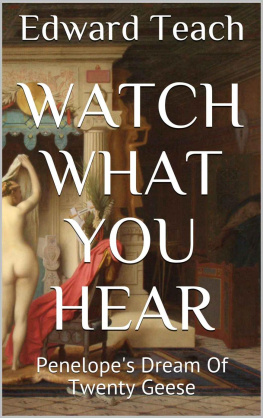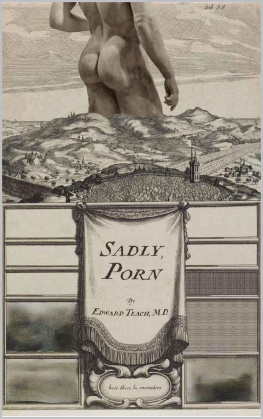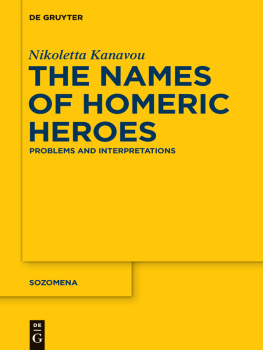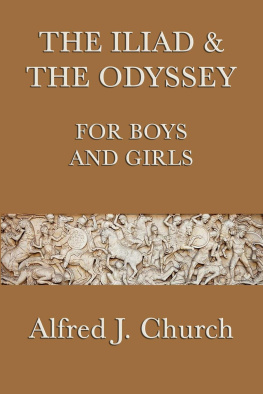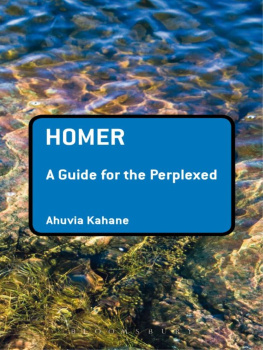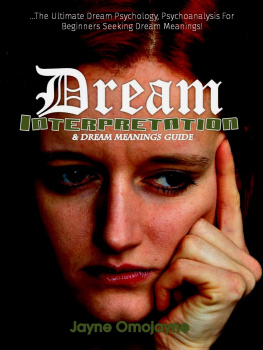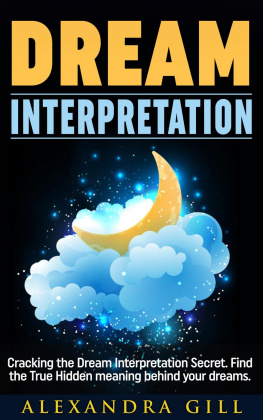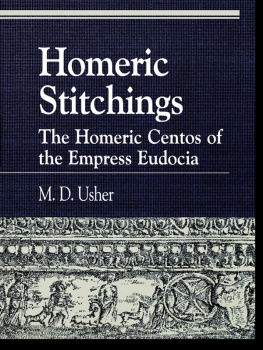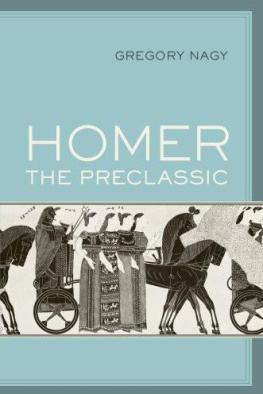WatchWhat You Hear
PenelopesDream of Twenty Geese
Edward Teach
2020 Edward Teach. DL 2x8x315 2x2x365 DOH/NS. All rights reserved. This book originally appeared asfootnote 119 ( redacted ) in Sadly,Porn 2020.
Coverpainting by Jean-Lon Grme, LeRvedelAutre.
ISBN978-1-7344608-1-0
edwardteachmd@gmail.com
Tableof Contents
, ...
For nothing is hidden if not to be madeilluminated, nor became it hidden except to come to light. He whohas ears to hear let him hear. Then he said to them: Watch what youhear.--Mark 4:11
Introduction
It is likely unsurprising to classicists, or anyone, thatpsychoanalysis has failed to offer useful insights into Penelopesfamous dream of twenty geese from Homers Odyssey. But thedeployment of psychoanalytic theory against literary mysteries is anestablished practice not merely for text elucidation but for thegreater purpose of exploring human nature. As the Odyssey is already one of the oldest and most reliable texts on the humancondition, it is thus remarkable how little psychoanalysis has beenable to make of it.
Many investigators seem to equate psychodynamic theory withrepressed sexuality, gleefully declaring they have discoveredPenelopes secret sexual desire, namely lust for one or allof the suitors. This banality hardly requires Freuds abstrusealchemy and has occurred to most adolescents living beforetelevision.
A critique of these and the many other unremarkable analyses isbeyond the scope of this text, nor indeed generally useful. However,they share a single characteristic that is at the center of theirfailures: they are not interpreting the dream, they are interpretingthe plot of thedream. Despite Freuds explicit instructions and warnings, theseinvestigators have utterly ignored the mechanism of dream distortion. They assume the dreams symbolism is a pre-verbal, pictorialdevice driving to convey information, instead of theconsequence of the dreams attempt to hide information. They take as axiomatic the converse of the analytic axiom: theyassume the dream wants to be revealed. It does not.
Whether or not psychoanalysis is a reliable technique yielding validresults is not for me here to decide. But it deserves to be triedonce.
To interpret Penelopes dream, a new approach is needed, which isthe old approach: listen to the words.
Flectere si nequeo superos, Acherontamovebo.--Virgil
I am accustoming myself to regardingevery sexual act as a process in which four people are involved. Weshall have more to say about this.--Freud
PRE-TEST:
1. What are the firstwords spoken out loud by a character in the Odyssey ?
2. Why?
NihilObstat: The Interpretation Of The Dream
In Book 19, Odysseus has returned home disguised as a beggar, andPenelope tells the beggar a dream she had. I here use the Faglestranslation (19.535) for reasons which will soon become apparent:
But please, read this dream for me, wontyou? Listen closely. I keep twenty geese in the house, from thewater trough they come and peck their wheat I love to watch themall. But down from a mountain swooped this great hook-beaked eagle,yes, and he snapped their necks and killed them one and all, and theylay in heaps throughout the halls while he, back to the clear bluesky he soared at once.But I wept and wailed only a dream,of course and our well-groomed ladies came and clustered roundme, sobbing, stricken: the eagle killed my geese.But down he swooped again and settlingonto a jutting rafter called out in a human voice that dried mytears, Courage, daughter of famous King Icarius! This is no dreambut a happy waking vision, real as day, that will come true for you. The geese were your suitors I was once the eagle but now I amyour husband, back again at last, about to launch a terrible fateagainst them all!So he vowed, and the soothing sleepreleased me. I peered around and saw my geese in the house, peckingat their wheat, at the same trough where they always took their meal.
Penelope asks the beggar (Odysseus) what he thinks this means. Thebeggar says the dream can only mean one thing, and restates theeagles interpretation: the wish/prophecy is that Odysseus willreturn and kill the suitors. The interpretation is fairly obvious;and it seems to reflect the deepest wishes of a faithful wife. Thetwenty is a minor difficulty given that there are 108 suitorsbut it could simply stand for an ambiguously large amount, the wayAmericans might hyperbolize using a million and 5thcentury Athenians used 300.
But these extra associations are merely supplemental and do not muchaffect the meaning. The main interpretation in the text and amongreaders remains the one given by the eagle in the dream.
It is wrong.
TheForm Of Distortion In Dreams
The assertion that it is wrong is meant formally: the interpretationis invalid. The problem with the eagles interpretation ofthe dream is that it isnt an interpretation; it is literally partof the manifest dream itself, and thus a distortion. Worse (e.g.more suggestive of a defensive distortion), it is appended tothe dream by the dream as if to make sense of the dream; in fact, theinterpretation is the second defense of this same appendedform, the first is the literal addition of her crying, alsooccurring in the dream.
The dream occurs in distinct episodes, or acts. First, theeagle kills the geese and flies away. Then she cries andwails though in a dream, and the women gather to comfort her. And then the eagle returns with the interpretation. But theeagles interpretation, formally, is no different from the eagleitself; one would not presume that the eagle represents an actualeagle; neither is the interpretation the actual interpretation. Theeagles interpretation cannot be correct because the dream gave it. It is a defense.
The morefruitful approach wouldstart from what can be observed-- the distortions-- and not the possiblemeanings. Forexample, if a person has an overtly sexual dream, the correctquestion to ask would be whysexual ? What wish was so deeply repressed that it was safer to manifest itas sexual? ,especially when the guess would have been obvious to the dreamer.
Add-ons in dreams are post-hoc distortions, trying to further hide the wish that might have been insufficiently hidden by the firstround of dream distortions. But such defenses are improvised and notvery precise-- blunt and hasty instruments such as denial, reversal, or even forgetting ,which hide the meaning but often unintentionally highlight thatsomething was hidden. Like an imbalance in a painting thatreflexively suggests something has been cut out, or the smell ofbleach at what suddenly feels like a crime scene, the add-onsinadvertently, but inevitably, suggest the cover-up of a wish.
An immediate example of this type of distortion is one of plotholes which modern interpretations of the geese by necessitycannot detect: if the dream geese are suitors, it is notably peculiarthat she enjoyed watching them coming out of the water and eating--butwhy didntthe eagles interpretation address this? The reason that theeagle did not address that is because watching them wasnt inthe dream. This is lost in English, where implied verbs are almostalways expressed explicitly, e.g.
I keep twenty geese in the house, fromthe water trough they come and peck their wheat.
The above sentence contains three active verbs (keep, come, peck). But the same in Greek:
twenty geese of mine of the house out ofthe water eating grain
has only has one active verb, , eat, in the presenttense. She is telling the beggar about her geese, how itwarms her heart looking at them ( (present) (participle)); while what she dreamt--i.e. the movie events
Next page
